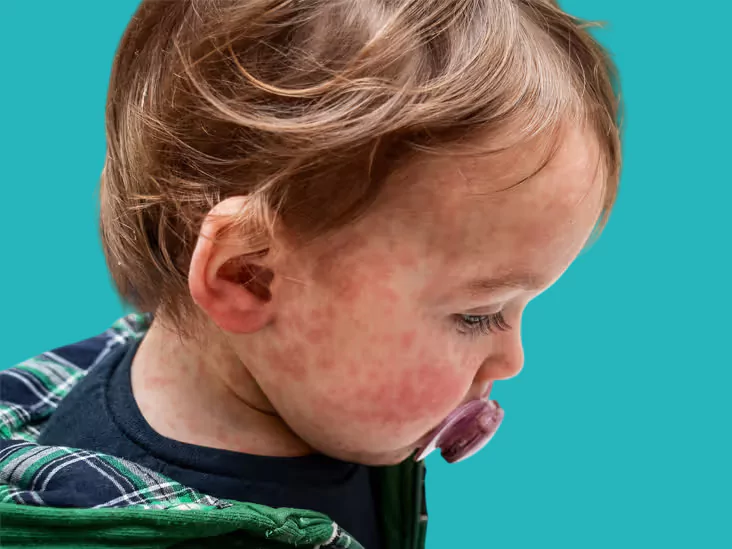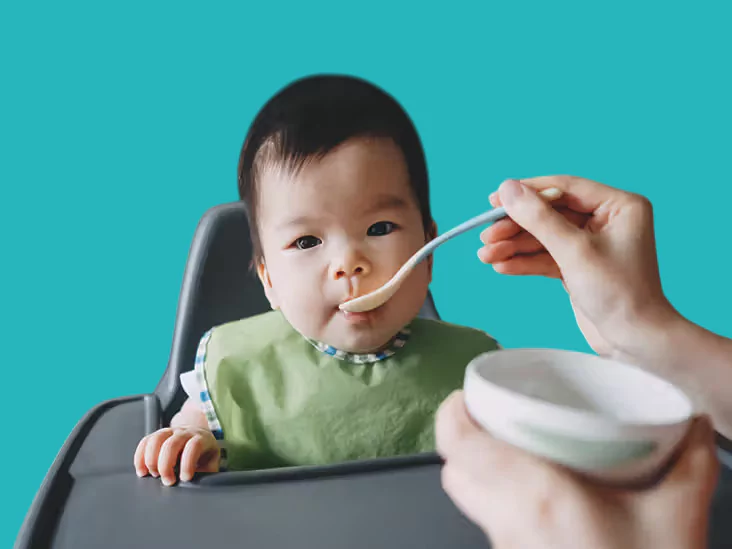Food allergies are one of the most common problems among children. They occur when the immune system overreacts to certain food components.
Symptoms appear in varying degrees and can impact a child's daily life. Therefore, it is important to understand their causes and treatment methods, as outlined below.
What is a Food Allergy in Children?
Before discussing the causes and treatment, it is important to understand the nature of the condition. A food allergy means that the immune system treats certain food components as harmful substances, leading to various symptoms in the child, such as skin rashes, difficulty breathing, or digestive disorders.
Causes of Food Allergies in Children
There are many causes and factors that increase the likelihood of developing a food allergy, including:
- A family history of allergies or asthma.
- A weak immune system in the child.
- The child consuming certain allergenic foods at an early age.
- Environmental factors that affect the body's response to foods.
Foods That Cause Allergies in Children
It is known that some types of foods cause allergies at a higher rate than others, such as:
- Milk and milk products.
- Eggs.
- Peanuts and tree nuts.
- Wheat.
- Fish and seafood.
- Soy.
Symptoms of food allergies in children

Symptoms vary from child to child depending on the severity of the reaction and the type of food. The most prominent symptoms include:
- Skin rash or redness.
- Swelling of the lips, face, or eyes.
- Severe itching or eczema.
- Stomach pain, vomiting, or diarrhea.
- Shortness of breath or wheezing in severe cases.
Diagnosis of food allergies
To confirm the diagnosis, the doctor will perform a series of tests and steps, such as:
- Taking a detailed medical history and observing the relationship of symptoms to the type of food.
- Skin tests to determine the type of food causing the allergy.
- Blood tests to measure the antibodies responsible for the reaction.
- Trying an elimination diet by removing certain foods and monitoring the improvement.
Methods for treating food allergies in children
Treatment depends on the type and severity of the allergy and includes the following steps:
- Completely avoiding the food causing the allergy.
- Using antihistamines when needed.
- In severe cases, the doctor may prescribe an emergency epinephrine injection.
- Educate parents and school about the type of allergy and how to treat your child if a reaction occurs.
Tips for Preventing Food Allergies

The risk of developing or recurring attacks can be reduced by following these guidelines:
- Gradually introduce new foods into your child's diet.
- Read food labels carefully before introducing any product.
- Avoid eating allergenic foods outside the home.
- Boost your child's immunity with a balanced diet rich in vitamins and minerals.
When to See a Doctor
You should see a doctor immediately if:
- Severe symptoms such as difficulty breathing or a swollen tongue appear.
- A rash or vomiting persists for a long time.
- Recurring allergic attacks with different foods.
Can food allergies go away with time?
In some cases, allergies go away as the child gets older, especially milk or egg allergies, while other types, such as nut allergies, may last a lifetime.
Is an allergy permanently curable?
There is currently no definitive cure for food allergies, but they can be completely controlled by avoiding the trigger, adhering to preventive treatment, and educating the family.
Does a food allergy affect a child's growth?
Yes. If it is severe or if the missing nutrients are not replaced, it can affect growth and weight. Therefore, a pediatric nutritionist should be consulted to ensure a balanced diet.
Can a child be given small amounts of allergenic foods?
No, because even small amounts can cause a severe reaction in some children. Therefore, the offending food should be completely avoided and not tested without medical supervision.
Can a food allergy be prevented before it occurs?
It can be prevented by gradually introducing new foods starting at six months of age, paying attention to the mother's nutrition during pregnancy and breastfeeding, and monitoring any abnormal reactions in the child.
Article Summary
Food allergies are a condition that requires careful monitoring and awareness from parents to avoid complications. By adhering to treatment and avoiding triggers, the child can live a healthy and safe life without worry.